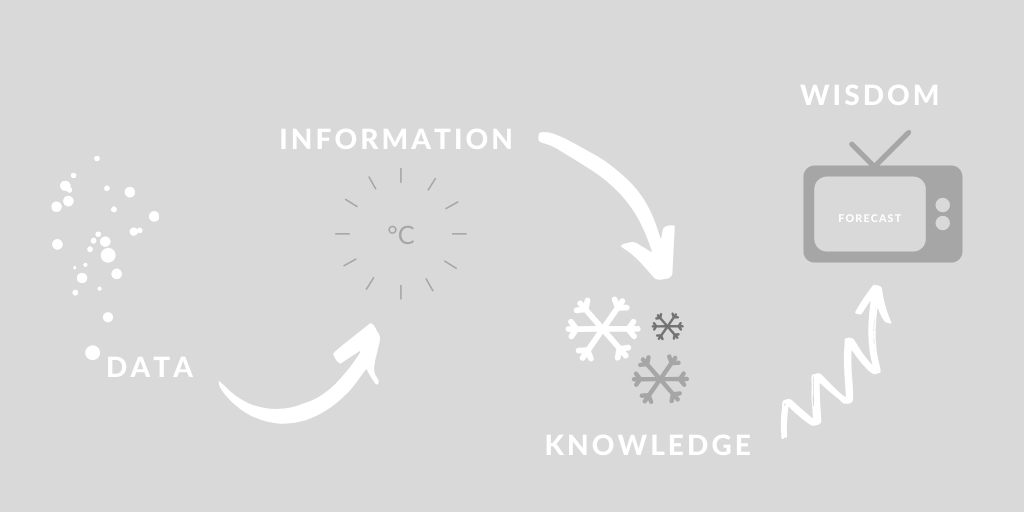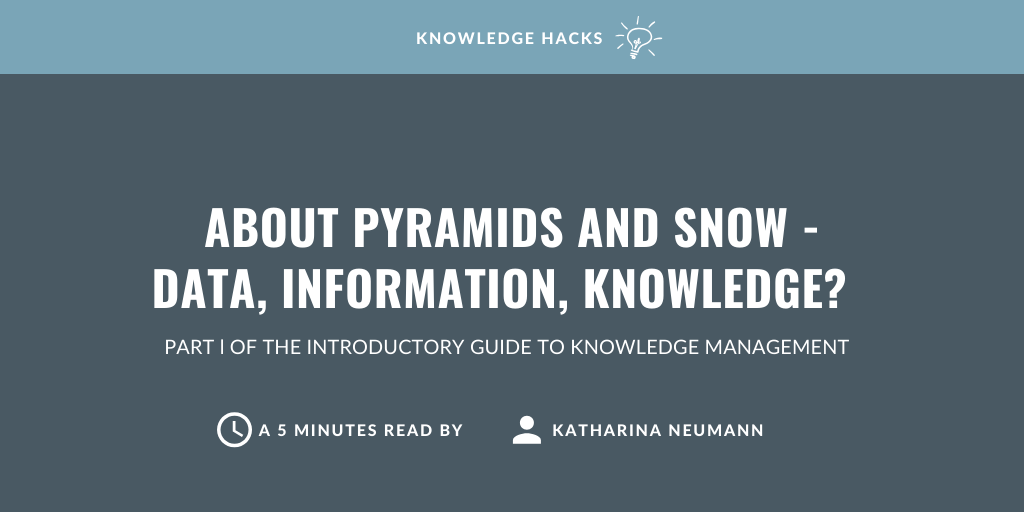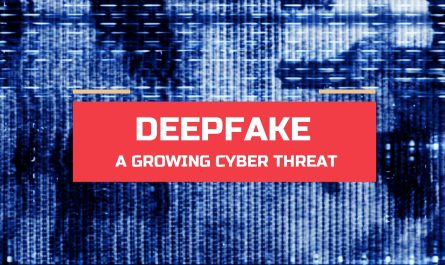Pyramids and snow? Yes, you didn’t misread the headline. Welcome back on my blog to “Knowledge Wednesday”. Within my first post, I introduced you to the the aphorism “knowledge is power” and investigated what impact helping others has on intrinsic motivation and life satisfaction. Within this blog post I would like to focus your attention on knowledge itself, in particular the different forms of knowledge.
The truth is: hardly any other resource is as diverse and complex as knowledge. Yet, if I had to ask you right now …
“What is knowledge?”
… it would probably be difficult for you to put the idea you have into words, wouldn’t it? You might be wondering, who would actually ask these kinds of questions, but be assured, if you take a class on Research Theory and Ethics and you come across the term “epistemology” and you will definitely remember reading this blog post. Epistemology is the theory of knowledge. If you want to know more about that philosophical approach, this six minutes Youtube video explains it pretty well (Spoiler Alert: it even contains cat content).
The Difference between Data, Information and Knowledge
How does data transform into knowledge? Have you ever even thought about the difference between these terms? One way to distinguish between data, information and knowledge is to think of it in terms of blocks which build upon each other, as does the DIKW hierarchy model.

At the bottom of the pyramid, there is data, loosely gathered numbers, symbols and signs without contextual information – an unorganized and unprocessed accumulation of … nothing? Companies are thirsty for data as it represents the basis for developing knowledge. Data can be considered one of the biggest trends in both tech and business and companies are therefore responding to this trend by advertising new positions such as “Data Scientist (m/w/d)” – a person who is both good at statistics and software engineering. The good news: you don’t need to be a Data Scientist to manage knowledge (at least not from a technical perspective). Once you start making use of the data by for example classifying it i.e. by putting the data into context and assigning meaning to it, you gather information. This can be done by asking the W-questions: Who, What, When and Where?
Moving one step further up the pyramid, we create knowledge by structuring information in a way that it is useful for our purposes. If people make reasonable use of the data available to them, they first discover relationships between variables (= information) and later detect patterns (= knowledge). At the top of the pyramid is wisdom – a state within which we deeply comprehend the “Why” behind patterns and can make educated assumptions about the future.
Let us look at the example of snow to better understand the DIKW model.

- Data: It’s snowing
- Information: The temperature dropped below 0 degrees, the humidity went up by 5% within the last two hours and it started snowing at 5 p.m.
- Knowledge: Due to the drop in temperature and the increase in humidity, water particles in the cloud froze to ice on tiny grains of dust. More and more particles gathered together which renders the atmosphere unable to hold them anymore. On their way down to earth, the remaining water vapor freezes and crystals form which connect and hook together thereby creating a snowflake.
- Wisdom: Based on previous observations and statistical models, we are able to predict the weather in the future. We developed an understanding of the different interactions between temperature changes, evaporation and snow.
Tacit vs. Explicit – Forms of Knowledge
Managing knowledge requires to exactly know in which form the knowledge is present as this determines the approach to storing, retrieving and sharing it. Knowledge that is present within the mind of a person is called tacit or embodied knowledge and is based on all ideals, values and feelings a person holds (North, 2011). On the contrary, explicit knowledge exists unconnectedly for example in databases, documents and other notes and is therefore called disembodied knowledge. Managing explicit knowledge requires the help of IT which ensures that the right people have access to the right kind of explicit knowledge at the right time.
But I don’t want to bore you with any further definitions or models. Let us go back to the beginning of this article. Would you now be able to answer the question “What is knowledge?”? Let me know what you think in the comments section below! Stay tuned for more knowledge insights!
Bibliography
Figueroa, A. (2019). Data Demystified — DIKW model. Retrieved 12 March 2020, from https://towardsdatascience.com/rootstrap-dikw-model-32cef9ae6dfb
Hajric, E. (2018). Knowledge Information Data. Retrieved 12 March 2020, from http://www.knowledge-management-tools.net/knowledge-information-data.php
North, K., (2011). Wissensorientierte Unternehmensführung: Wertschöpfung durch Wissen. Wiesbaden: Gabler-Verlag.
Würsten, F. (2017). SimplyScience – Wie entsteht Schnee?. Retrieved 12 March 2020, from https://www.simplyscience.ch/teens-liesnach-archiv/articles/wie-entsteht-schnee.html




Hallo Katharina,
very interesting approach to knowledge.
The history of origin from data, information to knowledge is always a exciting theme in our life,
Specifically in our everyday work.
Go ahead with your expertise about knowledge, i look forward to the next interesting blog.
Regards Peter
Thank you very much for your feedback. Stay tuned for more knowledge insights next Wednesday!
Hello Katharina,
I really loved this post. It was super clear. You’re taking a complex and potentially boring topic and make it entertaining and refreshing.
I think I could definitely answer the question “What is knowledge?” better now than I could have 5 min ago.
To make a link with your last article, knowledge is power, because it is the only path to wisdom!
Cannot wait for next week’s content!
Thank you for your feedback, Juliette. I know a lecturer who would be very proud if you could answer that question – looking forward to welcome you back on the blog next Wednesday!
Hello Katharina
Thank you for that intresting blog again. Very intresting topic.
Best
Jens
Hi Jens, thanks for your positive feedback, hope to provide further interesting knowledge management insights within my next posts. Stay tuned!